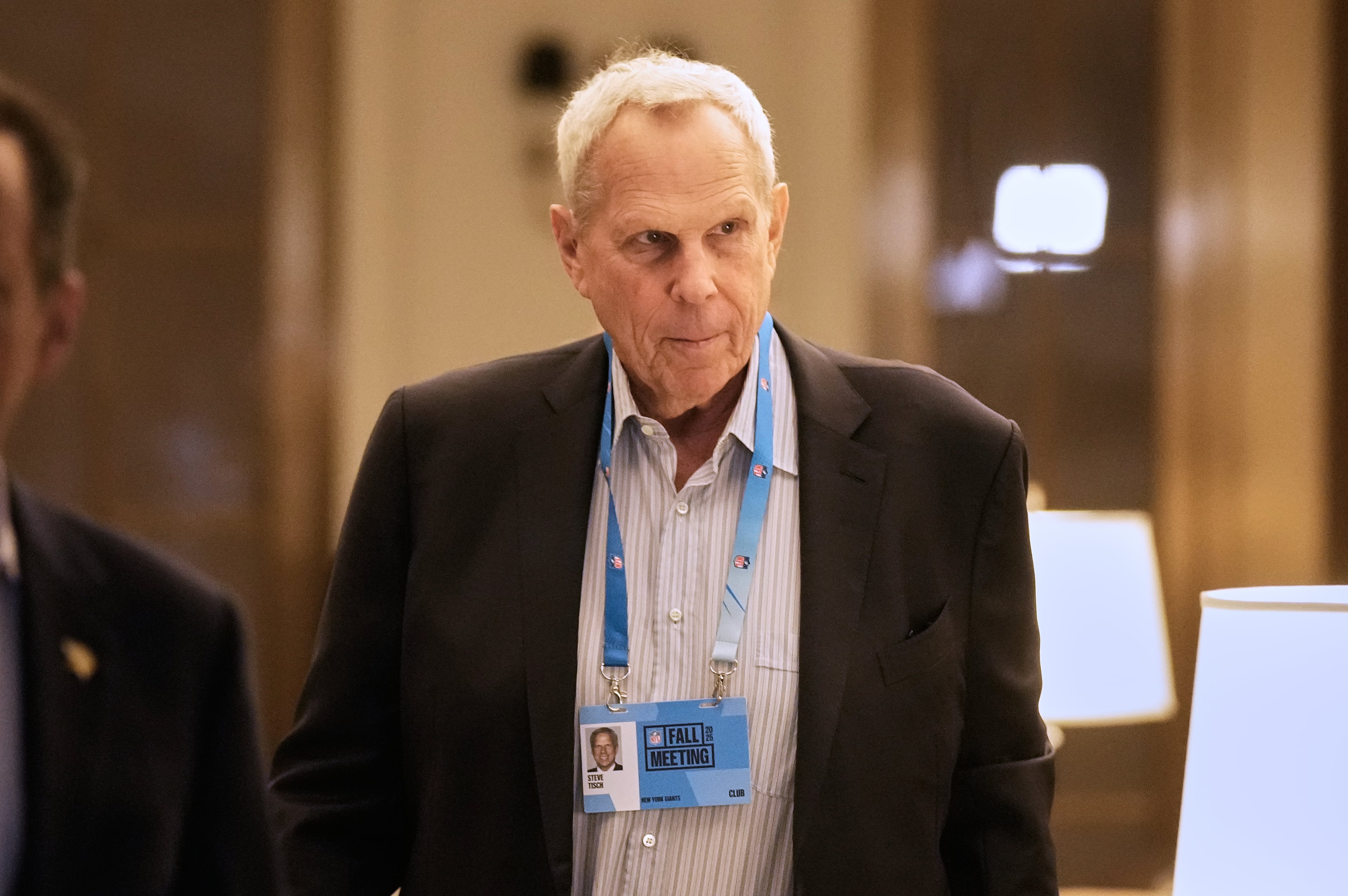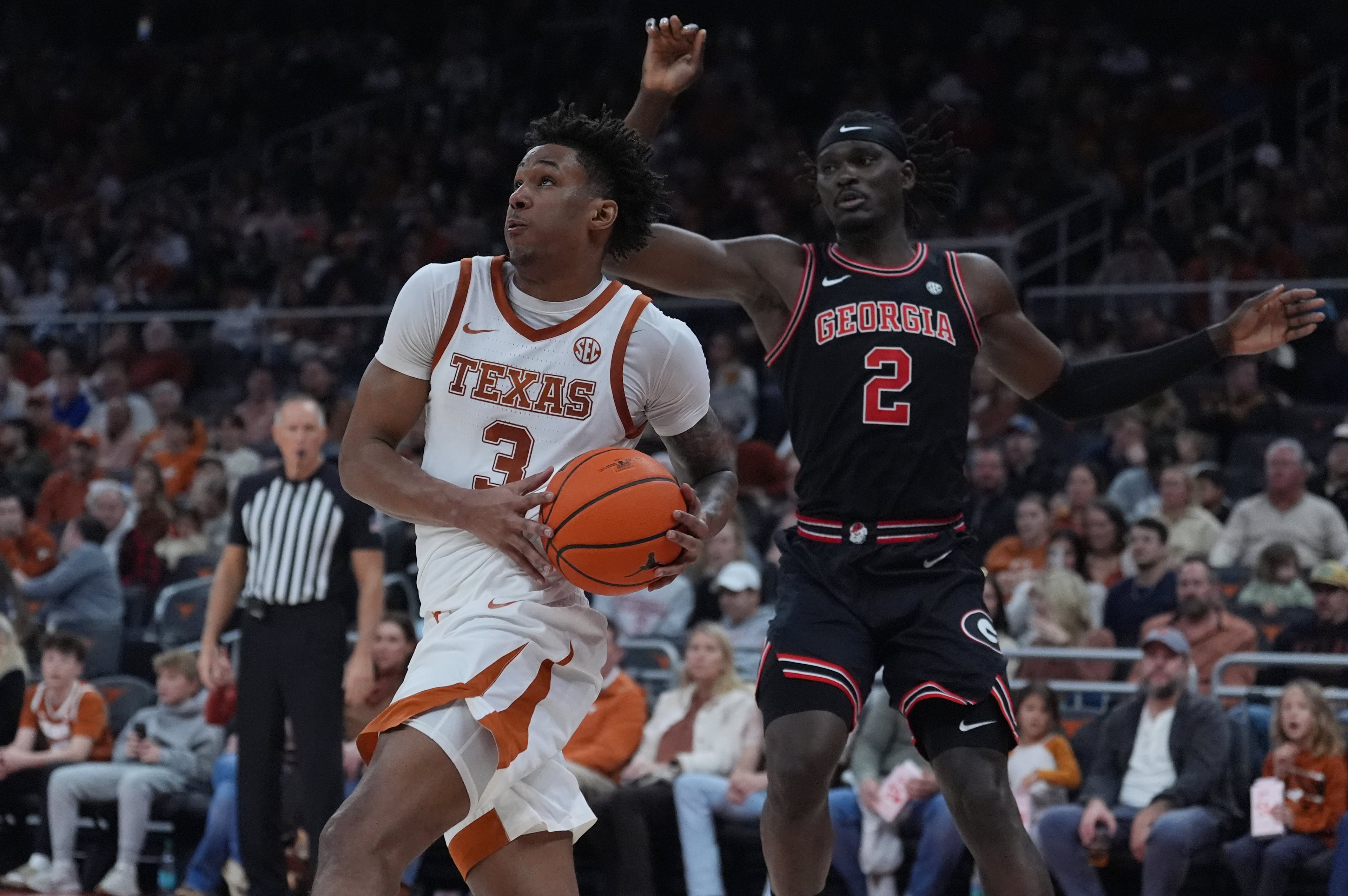Kirby Smart revamped Georgia’s offense before. Time for him to do it again.
Five years ago, Georgia coach Kirby Smart realized that winning national championships would require him to modify his beloved “man ball” approach to offense. Other elite programs had left the Bulldogs behind by adopting spread schemes. They prioritized generating big plays via passes over moving the chains by grinding out big yards on the ground.
So, Smart hired a play-caller with NFL roots, recruited sleek pass-catchers the same way he did rugged running backs and opened up Georgia’s offense. The Bulldogs eventually would win back-to-back national titles with the most explosive offensive teams in the program’s history. Now, it’s time for Smart to reimagine his offense again.
That’s not an overreaction to Georgia’s 23-10 loss to Notre Dame in the College Football Playoff quarterfinals Thursday in New Orleans. That defeat was the culmination of a season-long inability to produce a national championship-level offense.
Georgia scored 31.5 points per game this season to rank 38th among FBS teams. That’s slightly better than the Bulldogs did in 2019, the last season of “man ball,” when they scored 30.8 points per game (50th). This season, the Bulldogs produced plays of 20-plus yards on 6.9% of their offensive snaps. That’s down from 8.9% in 2023 and is the lowest rate of big plays for Georgia since the 2019 team did it on 6.2% of snaps.
Obviously, some perspective is required here. The Bulldogs are in good shape if a down year means an SEC championship. They were forced to play an inexperienced backup quarterback in the most important game of the season. The NFL talent drain caught up with Georgia, but Smart’s recruiting remains strong. The Bulldogs will be national title contenders again for next season and beyond.
But Georgia only occasionally appeared to be the best team in college football this season. That mostly was because of the offense. Two of Georgia’s three losses this season were the result of its struggles to score points. Now, Smart faces some hard decisions.
Fans will focus on offensive coordinator Mike Bobo. That’s usually the emotional reaction whenever a contending team loses a big game while scoring few points. It doesn’t mean it’s the wrong reaction. Georgia had a baffling offensive game plan against Notre Dame.
The Fighting Irish blitz often and play man-to-man coverage. Georgia played into their hands by throwing short passes to the perimeter and running sweeps in the backfield. Quarterback Gunner Stockton is a good athlete. I saw only a few half-hearted efforts to take advantage of that with designed QB runs. Georgia’s offensive linemen sometimes didn’t seem to expect Notre Dame to bring pressure. Other times, they didn’t seem to know how to handle it.
And then there was the ill-fated decision to have Stockton take a deep drop from Georgia’s 13-yard line in the final minute of the first half. The Bulldogs trailed 6-3 at the time. They’d trail 13-3 after Notre Dame turned a strip-sack fumble recovery into a touchdown. They were down 20-3 after giving up a kick-return touchdown to start the second half.
Smart told ESPN sideline reporter Molly McGrath that he regretted being aggressive on UGA’s final drive before halftime. Then he defended the decision in his postgame news conference. It seems the scrutiny after the loss made Smart reconsider his spontaneous moment of candor when coming off the field for halftime.
The Bulldogs went out quietly with turnovers on downs for their final three possessions. Notre Dame’s defense is elite, but the group had more trouble against teams with less talent and lower-paid coaches than Georgia. USC produced 557 yards and 35 points against the Irish in the regular-season finale. Four other Notre Dame opponents averaged five yards per play or more: Northern Illinois, Louisville, Georgia Tech and Navy.
Ultimately, Georgia’s offensive failures fall on Smart. He once handed over his offense to ex-NFL coordinator Todd Monken. Monken modernized Georgia’s scheme. He also excelled at building plans to take advantage of favorable matchups, a crucial skill for NFL play-callers (Monken now is doing that very well for the Ravens). If Bobo can’t produce similar results, then Smart again must find an OC who can.
Really, Smart needs to look at his entire offensive staff. The Bulldogs suffered from a lack of player development in that group this season.
Quarterback Carson Beck took a step back. His pass-catchers struggled to catch the ball. Tight end Brock Bowers was a cheat code who allowed Georgia to win national titles without topflight wide receivers. Smart still hasn’t found one of those. Nor could he find a running back who could consistently break off long runs this season. The offensive line returned four starters and performed worse.
The Bulldogs should have plenty of offensive talent next season. Stockton is set to return, and Smart has done a good job keeping the quarterback group filled with multiple options. But most of the highest-ranked recruits from the past two classes play defense or offensive line. Smart will have to hit the transfer portal to add good, experienced skill players to supplement the promising youngsters already on the roster (and, of course, play defense to persuade them to stay).
Smart’s revelation about softening his “man ball” stance came after LSU’s all-time great offense blew out the Bulldogs in the 2019 SEC Championship game. The Tigers were among the contenders who opened up their offenses (Alabama was another) while Georgia’s approach grew stale. Smart’s decision to change with the times set the stage for Georgia’s return to college football’s elite.
Now, after Georgia’s offense regression led to a disappointing season, Smart must find a way to revamp it again.



